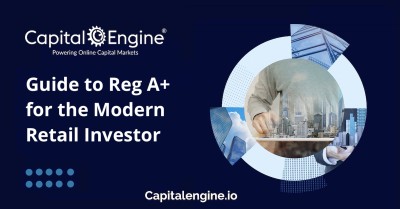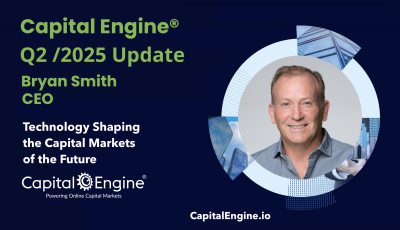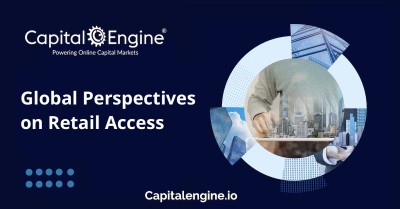
Today, digital platforms, regulatory innovation, and investor demand for transparency are reshaping how capital is raised, deployed, and governed. Retail participation isn’t just expanding access—it’s redefining the GP / LP relationship itself.
The Shift: From Exclusive to Inclusive Capital
Historically, GPs raised funds from a small group of institutional LPs—pension funds, endowments, and family offices—who could commit $10 million or more per ticket. The model worked because it was concentrated, predictable, and closed.
Now, platforms like Capital Engine® are enabling hundreds (or thousands) of smaller LPs—accredited investors, family offices, and mass-affluent individuals—to collectively participate in private funds through fractional, digital vehicles such as SPVs, interval funds, and feeder funds.
This shift allows:
- Retail investors to access institutional-grade deals
- GPs to diversify their capital base
- Platforms to handle compliance, reporting, and investor management at scale
Data Point: The Retail Capital Surge
- Retail LP commitments to private funds have grown 4x since 2019, reaching an estimated $500 billion globally by mid-2025.
- Over 1 in 3 new private fund launches now include a retail-friendly share class or feeder structure.
- Digital platforms facilitating these funds report a 60% increase in investor participation since 2023.
The message is clear: GPs who ignore retail capital risk being left behind.
Redefining the GP / LP Dynamic
The democratization of private markets is more than an access story—it’s a relationship story. Here’s how the traditional dynamic is evolving:
- Transparency Over Exclusivity Investors now expect performance dashboards, fee breakdowns, and quarterly NAVs, not just a black-box PDF once a year.
- Two-Way Communication Retail LPs want updates, webinars, and direct access to fund managers—not intermediaries. Platforms make this scalable.
- Shared Governance New fund structures allow LPs to vote on major actions or opt-in to liquidity programs.
- Technology-Driven Trust Capital Engine’s infrastructure automates KYC / AML, regulatory compliance, and investor reporting—allowing GPs to focus on performance, not paperwork.
Capital Engine® in Action
Capital Engine® is powering this democratization by giving GPs and fund administrators the tools to manage large pools of smaller investors efficiently:
- Digital Investor Onboarding: Handle hundreds of LPs across multiple jurisdictions with automated KYC and accreditation.
- Transparent Dashboards: Provide real-time portfolio updates, capital call tracking, and performance reports.
- SPV & Feeder Fund Structuring: Offer fractional LP participation without compromising governance.
- Secondary Market Integration: Enable liquidity programs for LPs—transforming illiquidity into optionality.
This ecosystem aligns with the modern investor’s expectation of access, transparency, and control.
Evolution of the GP / LP RelationshipEvolution of the GP / LP Relationship
The Future of Fundraising
By 2030, retail capital could represent 20–25% of total private market fundraising. GPs who embrace this democratized model—supported by secure, scalable fintech infrastructure—will access deeper capital pools and more diversified investors.
The GP / LP relationship is no longer transactional. It’s collaborative, digital, and data-driven—and platforms like Capital Engine® are making it happen.
EXPLORE PRIVATE MARKET INVESTMENTS
Private Markets This Month
Robinhood Expands Private Equity Push With New Venture Capital Fund The company filed an initial registration statement with the Securities and Exchange Commission (SEC) for Robinhood Ventures Fund I (RVI), a closed-end fund that will buy stakes in a basket of private companies across industries, holding them through IPO and beyond.
Private trading could push public markets offstage The center of gravity in capital markets has shifted. London Stock Exchange Group's plan to let investors trade private shares, opens new tab adds establishment backing to a change years in the making: companies and their backers can now raise money, test valuations, and reward insiders long before going public. READ MORE
Latest Articles







